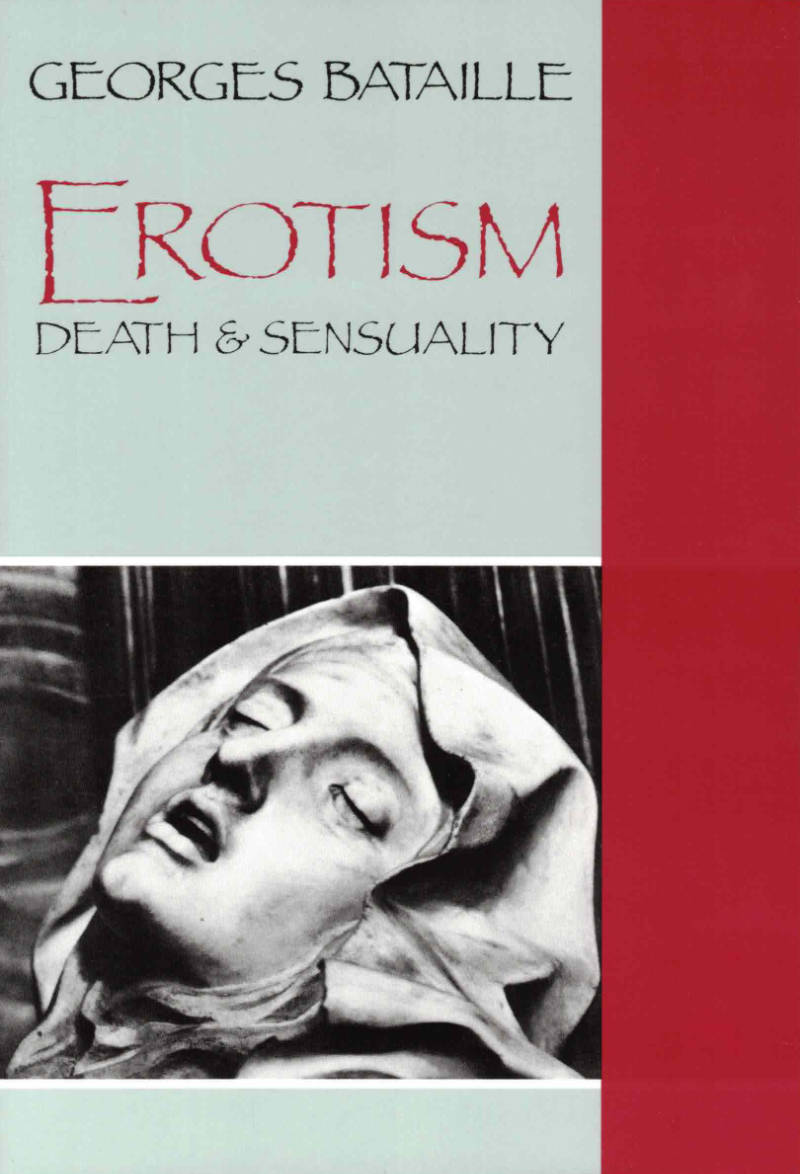
Leash
Leash extends the logic of S&M to its inexorable and startling conclusion, darkly and hilariously revealing the masochistic impulse as the urge to disappear from the chores, obligations, and emotional vacuity of daily life.
No more jobs, no more taxes, no more checkbook, no more bills, no more credit cards, no more credit, no more money, no more mortgages, no more rent, no more savings, no more junk mail, no more junk, no more mail, no more phones, no more faxes, no more busy signals, no more computers, no more cars, no more drivers' licenses, no more traffic lights, no more airports, no more flying, no more tickets, no more packing, no more luggage, no more supermarkets, no more health clubs... While her current spends the summer researching public housing in Stockholm, a moderately wealthy, object-oppressed, and terminally hip New York female of a certain age seeks adventure in the sedate dyke bars of lower Manhattan. Finding none, she answers a personal ad. She is ordered to put on a blindfold before the first meeting with the woman she knows only as Sir. Not knowing what someone looks like turns out to be freeing, as do the escalating constraints that alienate her not just from her former life, but from her very conception of who she is. Part Georges Bataille, part Fran Leibowitz, this is the Story of O told with a self-referentially perverse sense of humor.







